.NET y C#
Para veteranos y recien nacidos en el mundo de .NET

Introducción a C#/.NET
SENA
2016
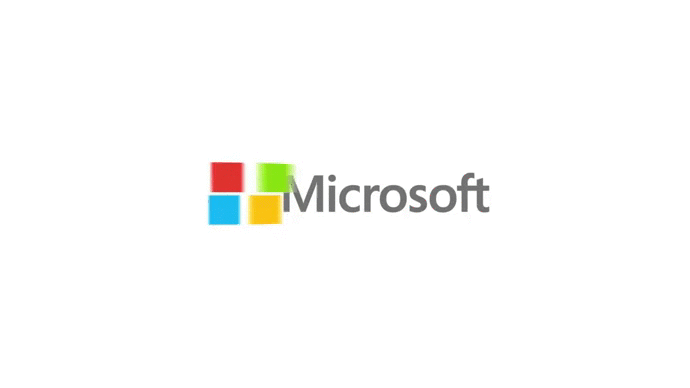
Después de hoy vas a conocer más sobre el lenguaje que los poderes de las siguientes plataformas :
Lenguajes del Core .NET
-
C# (v6.0 - 2015)
- El propósito general es ser un lenguaje basado en la POO
- C/C++ - Sintaxis similar
-
Visual Basic .NET (v14.0 - 2015)
- Propósito General, sucesor a VB
-
F# (v3.1.1 - 2014)
- Lenguaje funcional
-
Todos son compilados bajo el CIL
- (Common Intermediate Language)
Historia de C#/.NET
- Versiones
- Las versiones superiores están casi siempre compatibles con las anteriores anteriores
- 3 Versiones principales de .NET (CLR versions)
- .NET Framework 1.0/1.1
- .NET Framework 3.5
- .NET Framework 4
- Los paradigmas han cambiado con las versiones de C#
C# 2.0
- Liberado en Noviembre de 2005
- Los grandes cambios de paradigma de la versión 1.x, incluyo:
- Generics
- Iterators
- Delegates
- Static Classes
static void Main()
{
foreach (int number in SomeNumbers())
{
Console.Write(number.ToString() + " ");
}
// Output: 3 5 8
Console.ReadKey();
}
public static System.Collections.IEnumerable SomeNumbers()
{
yield return 3;
yield return 5;
yield return 8;
}//Metodos
public void MostrarMensaje(string mensaje, int cantidadVeces) { ... }
public string MostrarMensaje(string mensaje) { ... }
//Declaración de delegados
public delegate void MostrarMensajeDelegado(string mensaje, int cantidadVeces);
//Instancia de delegados
MostrarMensajeDelegado miDelegado =
new MostrarMensajeDelegado(MostrarMensaje);
//Utilizar delegado
miDelegado("hola mundo", 5);
C# 3.0
- Liberado en Noviembre 2007
-
Mejoras clave, incluyendo:
- Implementación de Auto Propiedades
- Métodos de extensión
- Lambdas
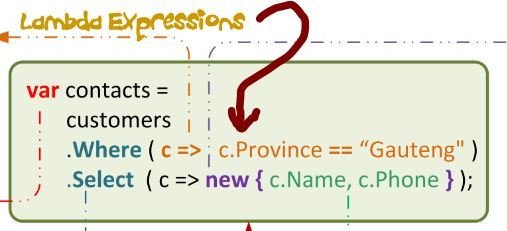
C# 4.0 y C# 5.0
- Liberado en Noviembre de 2010 y Agosto de 2012
-
C# 4.0 introducción a la programación dinámica:
- Dynamic binding (Dynamic Language Runtime)
- C# 5.0 Se introdujo principalmente:
- Async/Await
var personas = (from clientes in db.Clientes
join tipoCliente in db.TipoClientes
on clientes.idTipoCliente equals tipoCliente.idTipoCliente
where clientes.estado = 1
select new {
nombreCompleto = (clientes.nombre + " " + clientes.apellido),
tipoCliente = tipoCliente.nombre
}
).ToList();
//Ahora la variable personas ya tiene dos propiedades llamadas
//nombreCompleto y tipoCliente las cuales se crearon en tiempo de ejecución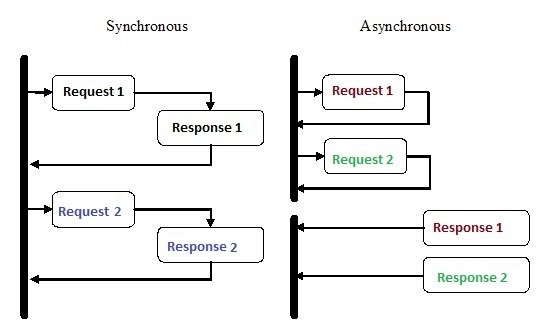

C# 6.0
- Liberado en Julio de 2015
-
C# 6.0 se introdujeron cambios relevantes:
- Compilador como un servicio ( Roslyn )
- MejorasAwait
- Validador de nulos seguro (objectInstance?.propertyA)
- Interpolación de cadenas
- Valores por defecto para objetos




.NET Framework
Arquitectura y funcionamiento
(Visualizar el documento en PDF)

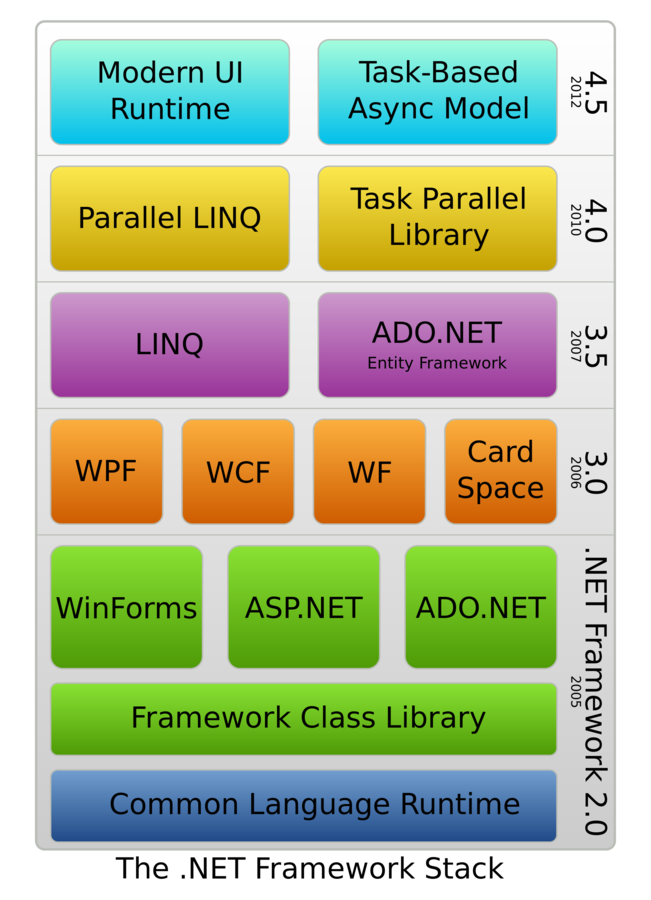
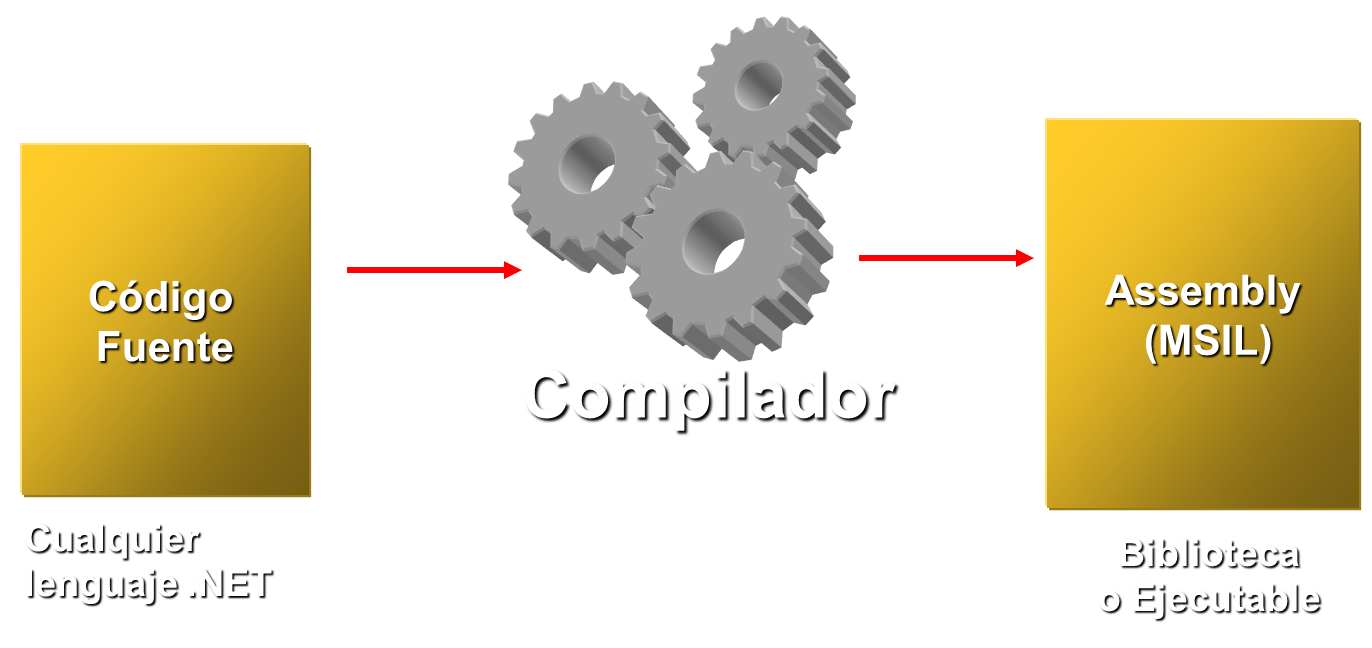

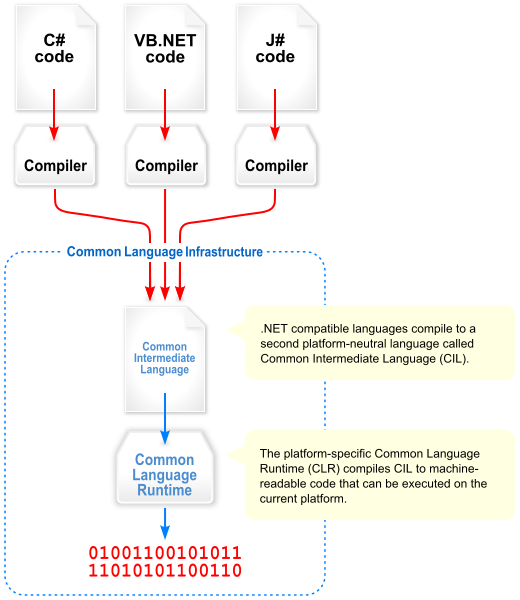
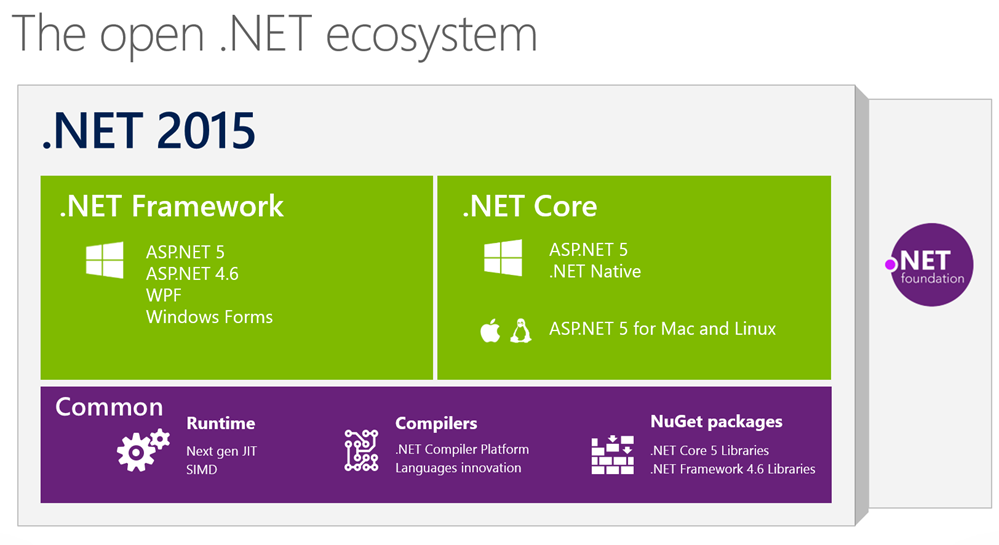
y estas...
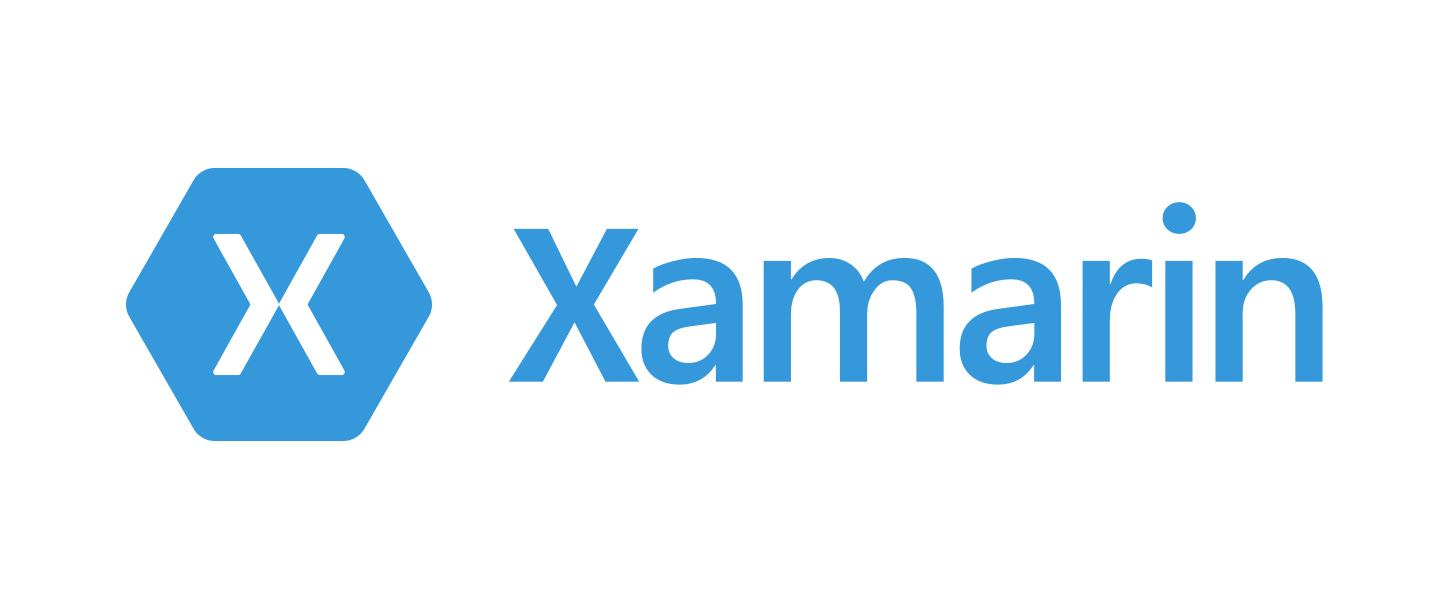

Empecemos
- En Windows, Visual Studio Community 2015


.NET Package Manager


Dejemos la tranquilidad, veamos código...

Primeros pasos con C#

C# Tipos Básicos
Tipos por valor
- Numerics (Structs)
- Integer (Int, Long, etc)
- Floats (Float, Double)
- Decimal
- Boolean
- Character (char)
- Enumerations
- Otras estructuras
- DateTime
Tipos por referencia
- Objects
- Base de los tipos por referencia
- Interfaces
- Delegates
- String
- Igualdad / asignación como un tipo de valor
Clases/Objetos
Introducción
- C# es un lenguaje basado en POO, todo es un objeto
- Todo hereda del tipo object type
- Para instanciar clases se realiza con la palabra reservada new() o new(parametro1, ...)
- Utiliza la herencia clásica
- No soportan multiple herencia
Classes/Objects
Class vs Struct
- Classes are:
- Reference types
- Used for modeling complex behavior
- Used throughout the framework and in the wild
- Structures are:
- Value types
- Used for modeling simple data structures that typically do not change after assignment
- Used for the numerics and DateTime in the framework
Classes/Objects
Variables
- Store values or logic (lambdas)
- Strongly-typed, but local variable usage of var keyword in a method is allowed through compiler replacement
- Class variables types
- Static variables
- Instance variables
Parameters
- Value parameters
- Reference parameters - use with the ref keyword
- Output parameters - use with the out keyword
Classes/Objects
Access Modifiers
- Public
- Protected - containing class or in derived types
- Internal - in current assembly
- Private - containing class only
Some Other Modifiers
- Const - constant (compile-time)
- Readonly - set once per instance (run-time)
- Sealed - can not be inherited from
- Static - member belongs to type itself
- Abstract - class/members to be defined by derived class
- Virtual - allows implementation to be overridden
Classes/Objects
Interfaces
- Contain definitions for a group of related functionalities that a class or struct can implement
- Contract types that can be used in place of concrete types to allow for flexibility and reusable code
- A class can implement multiple interfaces for composition
Classes/Objects
Constructors
- Mainly used types
- Instance Constructor
- Private Constructor (commonly for singletons)
- When objects are initialized, the following execute:
- Base Constructors
- Derived Constructors
- Property Initialization
Classes/Objects
Garbage Collection
- .NET handles garbage collection automatically
- Exceptions include:
- File and I/O interactions
- Database connections
- Graphics
- Network sockets
- These require handling disposal via the IDisposable interface's .Dispose() method
- Syntactic sugar with using clauses
- More at: https://msdn.microsoft.com/en-us/library/0xy59wtx(v=vs.110).aspx

Generics

Generics
Overview
- Allows generalization of functionality
- Compiler generates code for each of the different type usages of the generalized functionality
- Using interfaces can allow run-time binding to a specific type
- Most commonly seen with collections in .NET
Generics
Generic Collections
- System.Collections.Generic
- List<T>
- Dictionary<T1, T2>
- HashSet<T>
- Tuple<T1, T2, ...>
- etc...
Generics
Custom Generics
- Specify generic type(s) and constraints (if applicable) in method signature
- Use generic types in place of concrete types or interfaces
Methods
Overview
- Types of Methods
- Static methods exist on type itself
- Can not make use of instance members (fields or methods)
- Instance methods exist on the instance of the class
- Can make use of static methods and fields
-
Anonymous functions/lambdas
- Can be defined with delegates & Func/Action types
- Static methods exist on type itself
- "Getters"/"Setters" are implemented with C# Properties
- Extension methods can add functionality to sealed classes
Methods
Method Signature
- Access Modifier
- Inheritance-related Modifier (optional)
- Asynchronous Modifier (optional)
- Return Type or "void"
- Generic Types <T1, T2, etc...> (optional)
- Input Parameters
- Generic Constraints (optional)
Methods
Lambdas
- Anonymous functions that can be used to create delegates or expression tree types
- Heavily used in LINQ due to code conciseness
- Can be implemented within a closure

Methods
Extension Methods
- Special static methods that appear to be on the class
- Extension methods are defined on public static classes
- Signature of an extension method is the following:
-
public static int WordCount(this String str)
-
- At compiler converts to a call to the static method
Conditionals and Loops
Conditionals Overview
- Pretty standard and similar to Java
- Conditionals: If/Switch
- Switch
- Doesn't fall through
- Can have multiple cases share same branch
- Ternary operator
- Newer versions of .NET have:
- Null coalesce (e.g. possiblyNullValue ?? fallbackValue)
- Null safe navigation (e.g. possiblyNullValue?.propA)

Conditionals and Loops
Looping Overview
- Pretty standard and similar to Java
- Loops: For/Do-while/While
- For IEnumerables, can use foreach
- break keyword breaks out of a loop
- continue keyword jumps to the next iteration

Reflection
Overview
- Allows the C# runtime to dynamically execute code through self-inspection of assemblies, modules, & types
- Reflection drives much of the behavior within of C#/.NET
- Used heavily by IoC container implementations
- Direct usage of reflection is best avoided when possible
- Large performance hit
- Lose benefit of strong typing
- Can cause vague exceptions and code execution paths
Attributes
Overview
- Used to attach declarative information to any type
- Comparable to Java Annotations
- Uses reflection under the covers
- Used heavily in:
- WCF (.NET SOAP/RPC solution, serialization hints)
- ASP.NET (.NET web platform - HTTP verb/method map)
- .NET Aspect-Oriented Programming solutions
- Are inherited in child classes
LINQ
Overview
- Language-Integrated Query
- Heavily used by Entity Framework and other .NET ORMs
- As the name implies it's a querying language for collections that derive from IEnumerable and IQueryable
- IEnumerable generally are in-memory collections
- IQueryable represent external data collections
- Can use for sorting, filtering, map/reduce actions
- Functional like programming
- Generally deferred executions with both collection types
- Exceptions: .ToList(), .First(), .Single(), .Take(), etc.
- These functions force evaluation

LINQ
Overview (con't)
- SQL-like syntax, but usually ends with the SELECT logic
- Two forms
- Query Comprehension
-
from num in numbers where num % 2 == 0 orderby num select num;
-
- Fluent Interface
- collectionToQuery.Where(...).Select(...)
- Query Comprehension
Learning Resources
- Microsoft Developer Network (MSDN) - C# Reference
- MSDN - 101 LINQ Samples in C#
- Dot Net Perls
- Pluralsight
- 6 months free with Visual Studio Dev Essentials
- http://www.pluralsight.com/training
Libraries

Popular .NET Libraries by Microsoft
- ASP.NET
- MVC - http://www.asp.net/mvc
- Web API - http://www.asp.net/web-api
- vNext (preview) - http://www.asp.net/vnext
- Entity Framework [ORM]
- WPF (Desktop Windows UI framework)
- Universal Apps
Popular 3rd-Party .NET Libraries
- Json.NET [JSON De/Serializer]
- NUnit [Unit Testing]
- AutoMapper [Object-Object mapper]
- AutoFac [IoC Container]
- PostSharp [AOP]
- NLog [Logger]
Conclusion
- .NET and C# are awesome
- Heavily used in mobile/cross-platform development
- Relatively quick to pick up for a Java developer
- New language features are always being added
- Compiler and core libraries are open source
Thanks!

Introducción a C#/.NET
By Yhoan Andres Galeano Urrea
Introducción a C#/.NET
- 1,655



